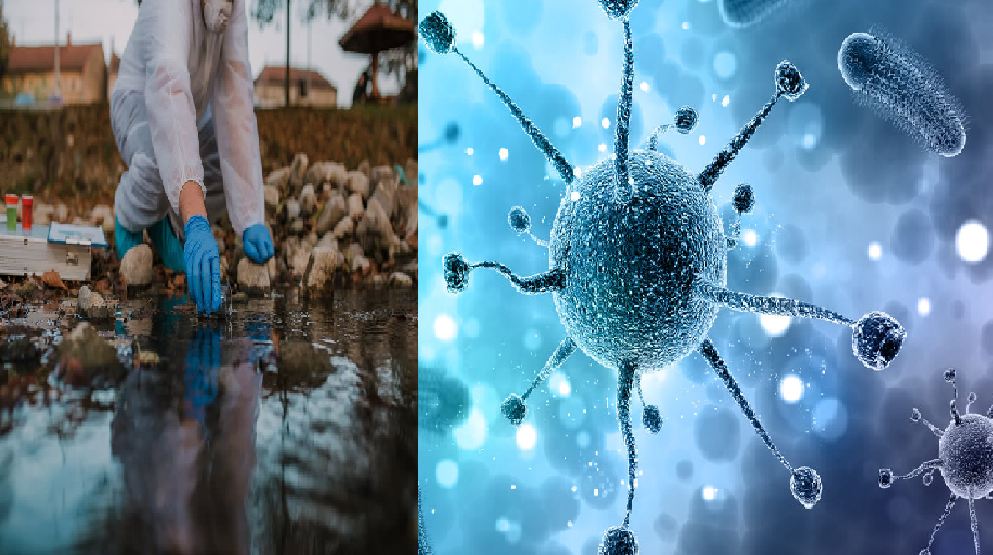
Pandemics disrupt every aspect of daily life, from healthcare systems to access to basic necessities. One of the most critical resources during such times is water. Adequate water storage is essential, not only for drinking but also for maintaining hygiene and preventing the spread of diseases. This article explores the importance of water storage in promoting hygiene during pandemics and provides practical tips for preparedness.
Water and Hygiene: A Vital Connection
Clean water is central to maintaining hygiene, especially during pandemics. Regular handwashing, disinfecting surfaces, and sanitizing household items are crucial to preventing the transmission of infectious diseases. However, access to water may be limited during a pandemic due to supply chain disruptions, increased demand, or contamination of water sources. Storing water in advance ensures a steady supply, enabling individuals and families to uphold essential hygiene practices.
Why Water Storage Matters During Pandemics
Handwashing and Personal Hygiene
Hand hygiene is one of the most effective measures to prevent the spread of infectious agents, such as viruses and bacteria. Frequent handwashing with soap and water removes germs and minimizes the risk of transmission. Without a reliable water supply, maintaining this basic practice becomes challenging.
Cleaning and Disinfecting Surfaces
During pandemics, disinfecting frequently touched surfaces, such as doorknobs, countertops, and electronics, is vital. Stored water allows households to clean effectively, even in situations where municipal water services are interrupted.
Laundry and Sanitation
Regularly washing clothes, towels, and linens helps to eliminate pathogens and reduce the risk of infection. Water is also essential for flushing toilets, managing wastewater, and preventing unhygienic conditions that could exacerbate disease spread.
Supporting Healthcare Needs
For individuals caring for sick family members at home, water is essential for cleaning medical equipment, maintaining personal hygiene, and ensuring the environment remains safe and sanitary.
How to Safely Store Water for Hygiene
To ensure you have an adequate water supply for hygiene during a pandemic, follow these guidelines:
Determine Water Needs
The CDC recommends storing at least one gallon of water per person per day for drinking and hygiene. For hygiene purposes alone, consider doubling this amount. Plan for at least a two-week supply for each member of your household.
Choose the Right Containers
Use food-grade plastic, stainless steel, or glass containers with secure lids for water storage. Avoid containers that previously held chemicals, as residues may contaminate the water.
Sanitize Containers Before Use
Thoroughly clean and disinfect containers before filling them. Use a solution of 1 teaspoon of unscented liquid bleach per quart of water to sanitize the interior. Rinse with clean water before filling.
Treat the Water if Needed
If using tap water, confirm its safety for storage. If necessary, treat the water with unscented household bleach (4-6% strength). Add 8 drops per gallon, stir well, and let sit for 30 minutes before sealing.
Store in a Cool, Dark Place
Keep water containers in a location away from direct sunlight and heat, as these factors can degrade the quality of the water and its container.
The Broader Impact of Water Storage
Beyond individual households, water storage plays a significant role in community health during pandemics. When households are prepared, the strain on public water supplies and emergency services decreases. This collective effort helps ensure water availability for those who need it most, including hospitals and vulnerable populations.
Conclusion
Water is indispensable in maintaining hygiene, particularly during pandemics when disease prevention is paramount. Proper water storage ensures uninterrupted access to this essential resource, empowering individuals to uphold hygiene practices and protect their health. By planning ahead and storing water responsibly, households can strengthen their resilience and contribute to a safer, healthier community during challenging times.


